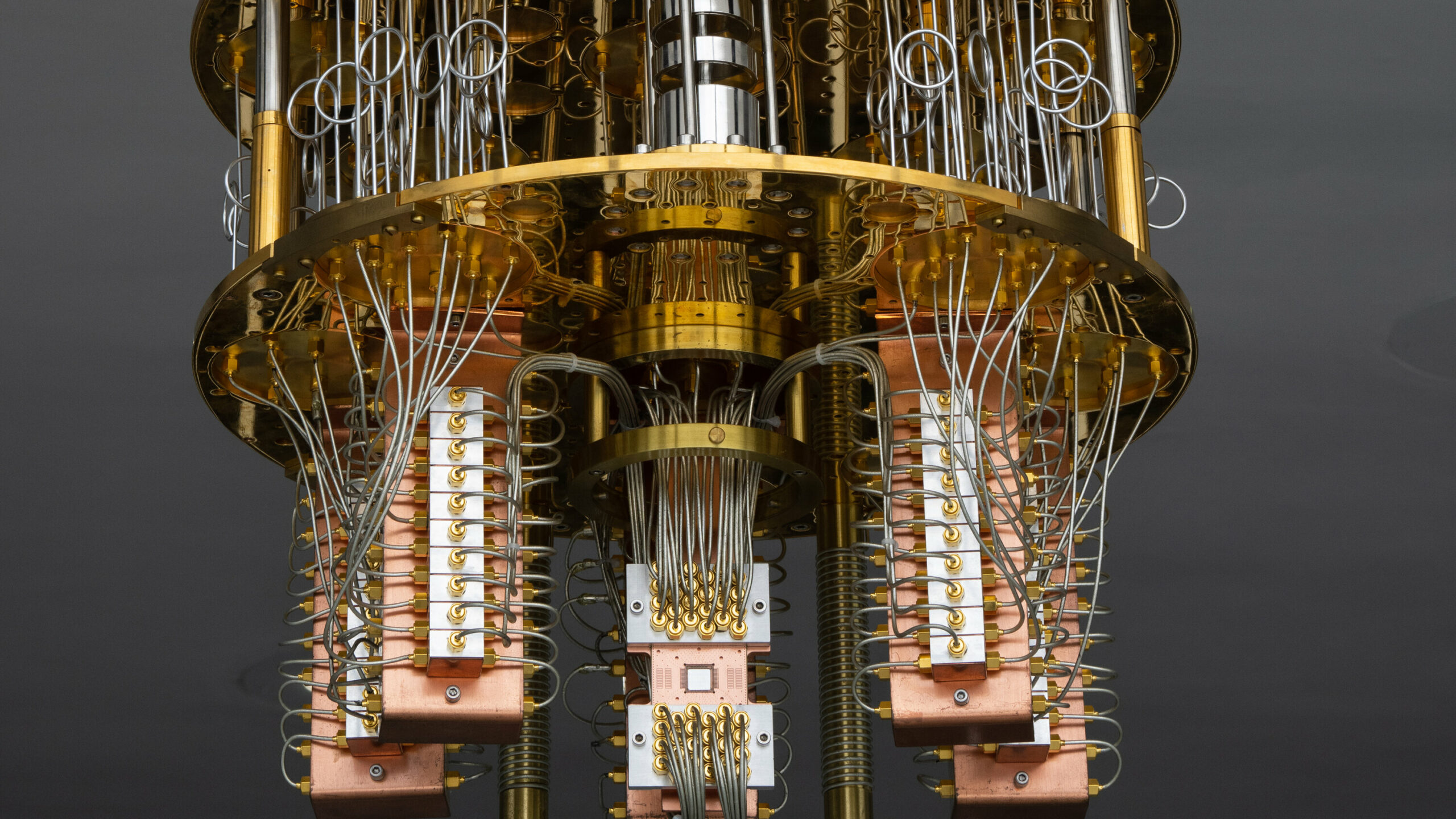As we traverse the intricate landscapes of modern technology, one phenomenon consistently captures the collective imagination: quantum computing. This revolutionary domain is not merely an evolution of classical computing; it is a transformative leap that promises to redefine the paradigms of processing power, complexity, and our understanding of information itself. The awe surrounds not only its engineering marvels but also the philosophical implications inherent in the nature of quantum mechanics.
Understanding Quantum Mechanics
To grasp the essence of quantum computing, one must first engage with the principles that govern quantum mechanics—an enigmatic realm operating far removed from the deterministic laws of classical physics. Essentially, quantum mechanics posits that subatomic particles exhibit behaviors contrary to our macroscopic experiences, manifesting dual characteristics of waves and particles. This duality, often exemplified by the famous double-slit experiment, introduces a non-intuitive class of behaviors, such as superposition and entanglement—two pivotal concepts for the functioning of quantum computers.
Superposition enables quantum bits, or qubits, to exist in multiple states simultaneously. Unlike traditional bits, which can only represent a binary state of 0 or 1, qubits can embody a spectrum of possibilities encapsulated in a linear combination of these two states. Consequently, this allows a quantum computer to process vast amounts of information concurrently, exponentially increasing computational efficiency for tasks requiring extensive data analysis or problem-solving capabilities. Such operations would be burdensome, if not insurmountable, for classical computers.
Entanglement further complicates yet enriches the functionality of these devices. When qubits become entangled, the state of one instantly influences the state of another, regardless of the spatial separation between them. This phenomenon not only bolsters the computational power of quantum systems but also poses intriguing questions regarding information transfer and system coherence. The profound implications of entanglement beg an exploration into the nature of reality itself, challenging our conventional understanding of distance and accessibility in communication.
The Architecture of Quantum Computers
The architecture of quantum computers stands in stark contrast to their classical predecessors. Variants such as superconducting qubits, trapped ions, and topological qubits highlight the diverse approaches to harnessing quantum phenomena for computation. Superconducting qubits leverage the properties of superconductivity to create coherent quantum states, while trapped ion quantum computing involves isolating ions in electromagnetic fields for state manipulation. Each paradigm presents unique advantages and challenges, with ongoing research striving for stability, coherence, and scalability. The increasing synergy between theoretical physics and engineering disciplines reflects the complexity of developing quantum systems that can reliably outperform classical counterparts.
Implications and Applications
The ramifications of quantum computing extend into multiple realms, propelling advancements in problem-solving across various fields. Cryptography stands at the forefront, where quantum key distribution promises unprecedented levels of security through the principles of quantum mechanics that prevent eavesdropping without detection. Additionally, the realms of materials science and pharmaceuticals could undergo radical transformation, with the ability to simulate complex molecular interactions at scales previously deemed unattainable. This would not only expedite drug discovery but also facilitate the design of novel materials with tailored properties.
Furthermore, quantum computing holds the potential to revolutionize machine learning and artificial intelligence. The capacity for quantum algorithms, such as Grover’s and Shor’s, showcases an ability to search through unstructured databases and factorize large integers with unparalleled speed. As machine learning algorithms increasingly power decision-making processes in various sectors, leveraging the probabilistic and parallel processing capabilities of quantum systems could lead to fundamental breakthroughs in understanding complex data sets.
The Quantum Dilemma: Challenges Ahead












